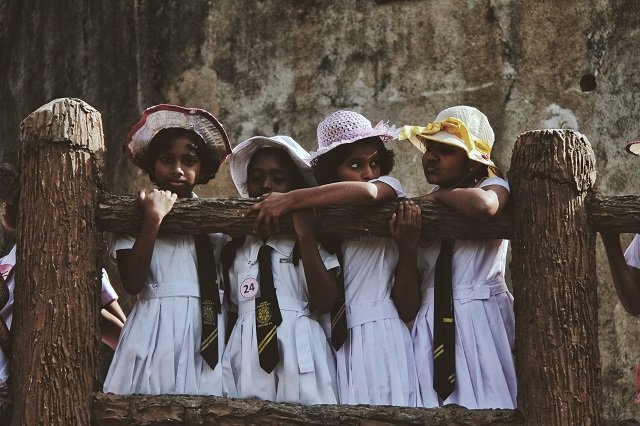One of the ministers who has resigned now was the Minister of Justice in the previous regime. Why didn’t he and his colleagues resign then and why did they resign now needs credible answers.
by Ameer Ali
The resignation en masse of two Muslim governors and all Muslim ministers and deputies is an unprecedented political act in the history of Sri Lankan democracy and Muslim politics.
If they had not relinquished their privileges yet, as some reports suggest, and in accordance with the official requirement of such resignations, they should do it immediately to make their action above board.
The only acceptable reason for the resignation was to prevent a highly probable island-wide anti-Muslim riot sparked by one monk who was fasting unto death, and another, until two Muslim provincial governors and a Muslim minister removed from their positions.
Now, another group of high priests have requested those ministers to resume duties and serve the nation. In between the monks and the ministers the laws of the country seem to have gone on holiday.
To start with, if the Muslim ministers and governors were seriously concerned about the safety and welfare of their community, they should have resigned immediately after the Aluthgama riots during the former regime or Digana under the current one.
One of the ministers who has resigned now was the Minister of Justice in the previous regime. Why didn’t he and his colleagues resign then and why did they resign now needs credible answers. In the previous regime, no Muslim minister or governor was accused of any illegal or corrupt behaviour.
Now three of them are facing allegations. This difference adds substance to the view from certain quarters that all Muslim power-holders are trying to protect the alleged three.
Be that as it may, allegations are not proven facts for action. Those allegations must be backed by solid evidence and should be produced before the courts so that legal proceedings can begin and the accused face trial. Instead, if monks are going to decide who is innocent and who is guilty, why have laws, courts and judges?
In the interest of the nation and Buddhism the Mahanayakas must cleanse the Sangha. Let us not forget that this country was the home of such Buddhist luminaries like Ven. Velivita Saranakara Thero, Ven. Walpita Rahula Thero and Ven. Maduluwawe Sobitha Thero, just to name a few. There are several like them even now. They should come out and speak in public to save this nation from descending to kakistocracy.
No one should be above the law, including the President. If the resigned were to resume duties now, just because the prelates have asked them to do so, the original argument by one of the ministers that they did not want to remain in office to be accused of impeding with any investigation into the allegations loses its credibility.
They have given a time limit of one month and want the CID to conduct the investigation. That is a valuable suggestion. If the CID finds credible evidence against any one or more of them, they should be brought before the law and be judged and punished if found guilty.
The President pardons and releases a monk without asking for any advice from the Judiciary. Just three days after the release that very monk threatened to bring down the regime unless his demands were met.
Similarly, the Government declared Emergency and even imposed curfew to control communal violence, but that Emergency appears to have no power to control firebrands instigating mass protest and violence?
Also, how does one explain the freedom for thugs to roam around during curfew hours, looting business premises and destroying properties? Some of them were arrested of course.
If the ministers and deputies who have resigned want something positive to happen as a result of their action, they should give up the ministerial privileges, remain in the back bench and allow the law to take its course. Let that be their lasting contribution to the independence of the Judiciary in this country.
(The writer is attached to the School of Governance, Murdoch University, Western Australia.)















Post a Comment